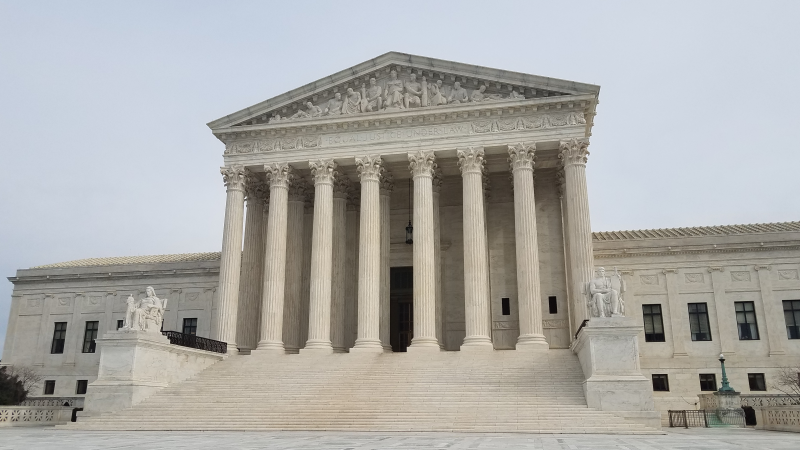RNC declares 'victory' in judge ruling on Michigan secretary of state's signature verification rule
"This RNC legal victory confirms the importance of mail ballot safeguards in Michigan’s Constitution," RNC Chairman Michael Whatley said.
A Michigan judge partially ruled against Democratic Secretary of State Jocelyn Benson's lenient guidance on signature verification, following a lawsuit brought by the Republican National Committee.
On Wednesday, Michigan Court of Claims Judge Christopher Yates ruled "that the 'initial presumption' of validity in signature verification of absentee-ballot applications and envelopes mandated by the December 2023 guidance manual" issued by Benson "is incompatible with the Constitution and laws of the State of Michigan."
The RNC, Michigan Republican Party, and the National Republican Congressional Committee filed the lawsuit.
RNC Chairman Michael Whatley said in a statement Thursday, “This RNC legal victory confirms the importance of mail ballot safeguards in Michigan’s Constitution. The Secretary of State’s covert attempts to sidestep these rules were rightfully rejected by the court, exposing that her attacks on election integrity have no substance. This win is just the latest development in our ongoing fight to promote fair and transparent elections in the Great Lakes State.”
Benson had issued guidance in 2020 "to local election officials that included a presumption of validity for voters' signatures on absentee-ballot applications and absentee ballots processed at the local level," the court explained in its ruling. The Michigan GOP sued over the guidance, which was struck down by the court in March 2021.
However, Benson then issued new guidance in 2022 that included presuming the validity of voters' signatures after the ruling.
Following the 2022 guidance, in Benson's guidance manual issued last December to clerks regarding signature verification for absentee ballots and absentee ballot applications, it reads, “[v]oter signatures are entitled to an initial presumption of validity.”
The court ruled against the "initial presumption of validity" portion of the 2023 guidance manual unconstitutional.
The judge allowed the guidance manual to keep explanations of why signatures may appear different, such as age or writing quickly, contrary to the GOP plaintiffs' request.
















